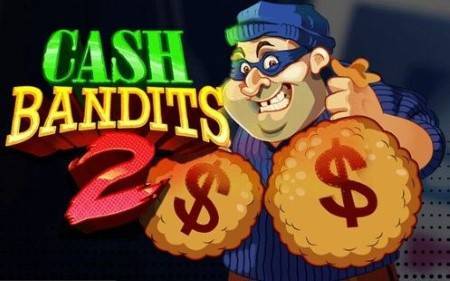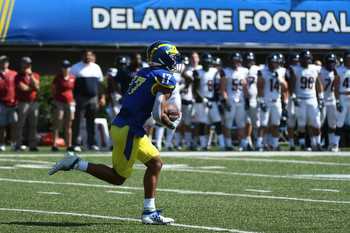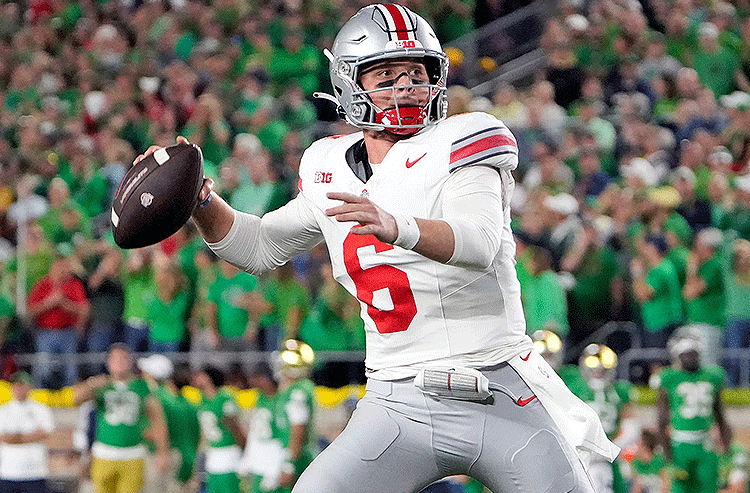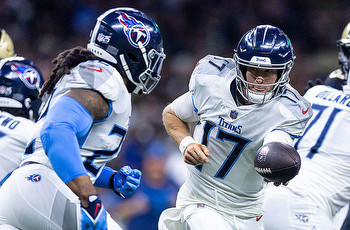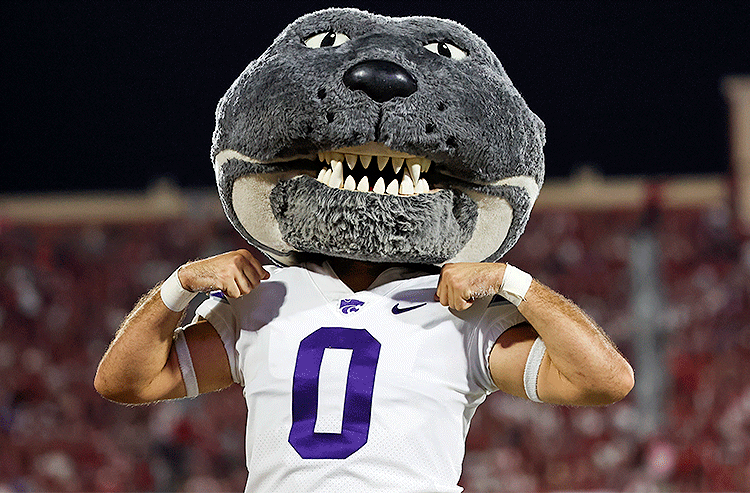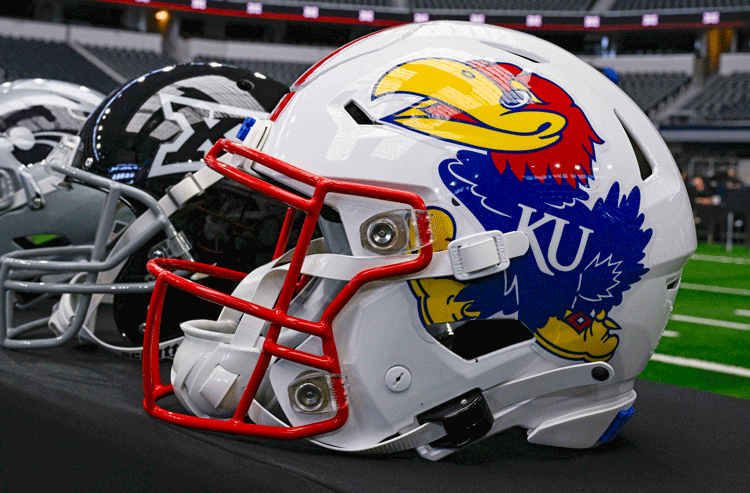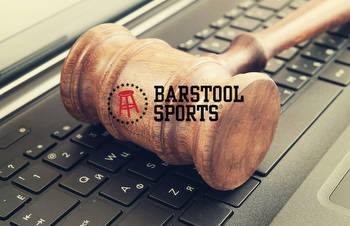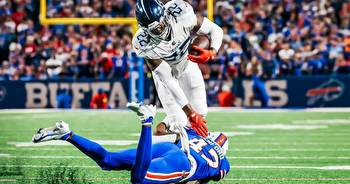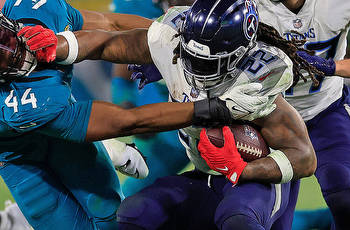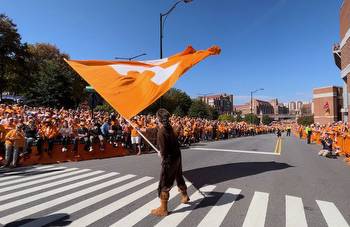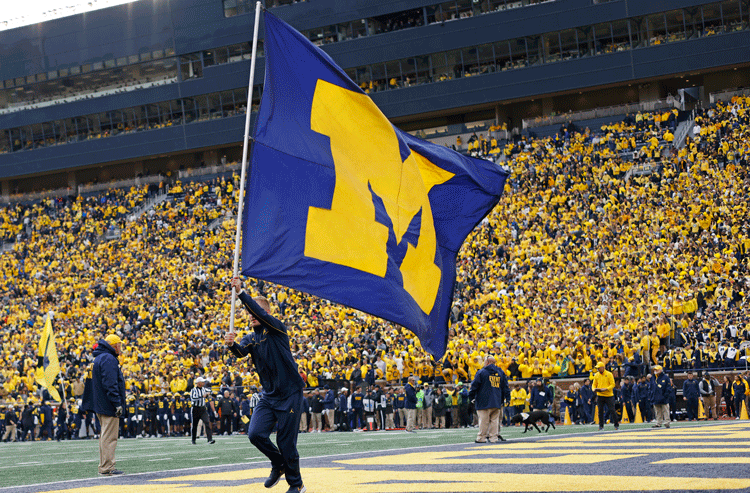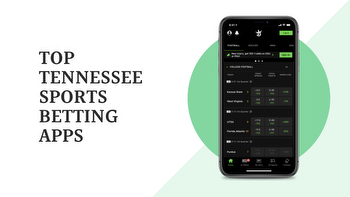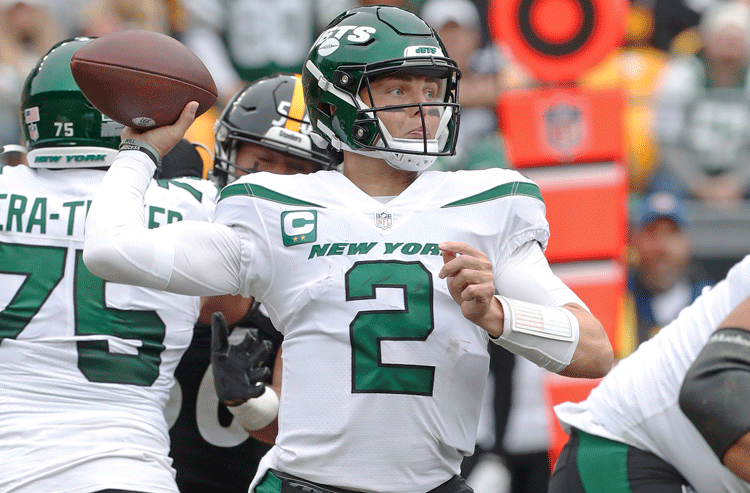Tennessee SWAC Votes Against Upping Fines to Sports Betting Sites

Tennessee's SWAC voted Wednesday to take it easy on sportsbooks that failed to meet the state's 10% revenue hold, but also fined others for unlawful operations during a busy hearing session.
Tennessee’s Sports Wagering Advisory Council has decided not to impose fines on nine out of 11 sportsbooks that failed to meet the 10% hold requirement on legal sports betting revenue.
The state regulatory body concluded that discretion was the better part of valor at its Wednesday virtual hearing. Accordingly, the SWAC board voted 8-0 to defer any decision on fines and additional penalties until after the end of the current Tennessee legislative session in May.
A diplomatic ruling
"We're looking for a win-win for everyone in the state to make sure everyone gets the revenue they deserve and also to be fair to operators," said SWAC Chairman Billy Orgel, one the eight board members present at the meeting.
This delay was made with the expectation that over the coming months, state lawmakers would be thrashing out a solution and possible changes to the existing law in consultation with representatives of Tennessee's sports betting sites.
SWAC Executive Director Mary Beth Thomas told board members that she had considered levying fines and "true-up payments" at the Council’s Feb. 6 session.
However, after receiving feedback from fellow board members and from the sportsbooks themselves, Thomas indicated that SWAC had opted to engage in discussions with the state legislature to hammer out a "fix" to the existing law.
"After multiple discussions over the past couple of weeks with representatives of the sports betting industry...I have been given appropriate assurances [and] believe that the industry is willing to come to the table to work out the details of a legislative fix," said Thomas.
Orgel and Thomas were both in agreement that it was beyond the purview of SWAC to modify the existing sports betting law, and that any decision regarding the defective hold clause must be left up to the Tennessee state legislature. "I recommend that we let policymakers decide what they would like to do," concluded Thomas.
Tennessee sportsbooks skirt existing law
The 10% hold requirement is a key provision under the existing law that guarantees the state collects a set amount of tax money from Tennessee sports betting activity, and sees online sportsbooks taxed at a rate of 20% on their adjusted gross incomes.
In 2022, however, many of the sportsbooks failed reach this critical threshold level. Last year Tennessee collected $68 million in taxes on nearly $3.9 billion in wagers — but would have received an additional $11.6 million had operators met the 10% minimum hold requirement.
In remarks addressed to her fellow SWAC members, Thomas was unequivocal with respect to the urgent need to change the existing tax structure.
"Your message overall was simple, that we cannot be in this situation again next year," said Thomas. "I think (the operators) realize that this situation is not workable moving forward."
Although Tennessee's sportsbooks have been spared for the time being, there is still the possibility that they will ultimately be sanctioned.
The nine out of 11 sportsbooks that failed to meet the 10% threshold were able to exploit a loophole in the law which provides them two alternative penalty options: 1) paying a cursory $25,000 fine, or 2) paying an amount equal to the difference between what they should have paid under the 10% rule and what they actually paid. Obviously, the sportsbooks are saving huge amounts by paying the $25,000 fine rather than the net earnings difference.
This is one of the weaknesses in the law that Thomas said would be eliminated in the "clean-up" amendment that Tennessee Lieutenant Gov. Randy McNally’s office is preparing to introduce in the state legislature.
SWAC dishes out fines to PENN/Barstool and Seminole Hard Rock Casino
In other SWAC business, the board played tough with two operators that had permitted illegal wagers and use of credit cards.
The board fined PENN/Barstool $92,000 for allowing 184 unlawful live prop bets on NCAA college football games between Sept. 22 and Nov. 19, which works out to a penalty of $500 per each "Class B" violation.
These illicit bets were self-reported by Barstool Sportsbook in December when the operator discovered that its Kambi tech platform had suffered a glitch.
During its deliberations, SWAC members were advised that Barstool had corrected the technical failure and that a breakdown in internal monitoring controls had prevented the operator from discovering the error until two months had elapsed.
Barstool paid off on all winning wagers in addition to issuing refunds on losing wagers since they were not legal bets under state law
Seminole Hard Rock Casino also came in for a stiff $70,000 fine for geolocation failures and for allowing six credit card deposits into five different accounts, both illegal under Tennessee sports betting legislation.
SWAC member John Valliant complained that it's important for SWAC to severely punish operations that fail "to stop people from using credit cards", which can lead to financial ruin in the case of problem gaming behavior.
Valliant suggested that the fine be increased but SWAC ultimately back down with fellow board member Michael Keeney arguing that "mistakes will happen" in a relatively new industry and that he saw no need to "vilify the operators" in the case of isolated technical failures.
SWAC gives Fanatics license to operate
Another important decision announced by SWAC on Wednesday was that it had granted Fanatics Sportsbook a mobile sports betting license.
Fanatics is preparing to make a major push into the U.S. legal sports betting market in 2023. Although it has yet to roll out its sportsbook app in any state so far, the operator expects to go live in Tennessee in the immediate future.
Appearing before the board, Alex Smith, VP, regulatory affairs at Fanatics, gave an optimistic response when asked whether his sportsbook would go live in time for March Madness.
"We hope you’ll be taking bets with us very, very soon after this meeting," replied Smith.
In addition, SWAC renewed Bally Bet's online sports betting license. Despite being given approval a year ago, the operator has yet to go live in the Volunteer State, owing to continuing struggles at its sportsbook unit.
